We just returned from a 2-week visit to our farming communities in Greece. During our time, we met growers in three diverse regions: Kastoria, Kalamata, and Sparta. Each community of farmers grows different SIMPLi ingredients, and we were able to learn about each one—from the history and cultural significance to the proper growing conditions and harvesting techniques, we came away with a wealth of knowledge that we can't wait to share with you.
Read on to discover more about the places we visited, the people we met, and the ingredients we saw.

Kastoria
We first arrived to Athens, and then drove 6 hours North near the border of Albania to Kastoria, which is part of Western Macedonia—one of Greece's thirteen geographical regions. Kastoria is a mountainous region nestled in a valley surrounded by limestone mountains on the western shore of Lake Orestiada, making the perfect conditions for growing giant 'Gigantes' beans as a result of its micro-climate of abundant water sources and humidity.
These plump, buttery white runner beans have been grown and harvested in Kastoria for centuries, and have even been awarded Protected Geographical Indication (PGI) status, which promotes high-quality, traditional food products unique to a geographic area. Gigante beans are known for their large size, thin skin, and rich flavor, and Kastoria produces beans that are sought out by chefs around the world because of their superior quality.
Kastoria was historically a center of the fur trade because of the abundant beavers inhabiting the lake, but today it's known for its agricultural industry centered around beans and legumes. SIMPLi sources its Gigante beans from a community of farmers who rotate them with chickpeas and lentils. These legumes are all vital to the regenerative organic ecosystem because they fix atmospheric nitrogen and release it into the soil, eliminating the need for chemical fertilizer.
Gigantes are high in protein, essential minerals and fiber, and low in fat. July is prime harvest season, so we saw the entire process of how the beans get from the farm onto our plates.

Fasolia Gigantesis a common Greek dish made with baked or stewed vegetables and the namesake beans, but the most famous way to prepare them is in Fasolatha, a traditional Greek soup made with onions, celery, carrots, and Gigante beans. We were invited into the homes of the families of our farmers to enjoy a homemade meal made with our Gigante beans.
Kalamata
Next, we traveled back down south to Kalamata on the sun-soaked Peloponnese peninsula to visit our Kalamata olive growers. As the capital of the Messenia region, Kalamata is situated along the Nedon Riverby the Messenian Gulf—also making it the main port city of the region. It's known for its beautiful beaches, ancient castles, and of course, its namesake olives. As a protected designation of origin, these olives are only considered "Kalamata olives" if they come from this region.
The Kalamata olive trees have much larger leaves than other types of olive trees around the world and can absorb more sunshine, which plays a factor in the production of the olives’ flavor and health benefits. Kalamata olives are deep purple in color, bigger in size and have a more plump, elongated shape than green and black olives.
The cultivation of Kalamata olive trees has taken place since Ancient Greek times—likely more than five thousand years ago.Olives have been a staple in Greece's culinary history for more than 4,000 years, so family traditions for harvesting olive oil have been perfected over time.
Though olive harvest season isn't until the fall, we were still able to visit the olive farm and see our olives being fermented in large barrels. We learned that the time of harvest determines the size of the fruit, the quality, and the nutrient density. Kalamata olives contain a number of health-promoting vitamins and minerals, and are particularly rich in iron, calcium, copper, and vitamins A and E. Due to their high oleic acid and antioxidant content, regular consumption is said to reduce the risk of cardiovascular disease and cancer.
Our olives are grown and harvested from the centuries-old groves using ancient practices such as picking from the trees by hand to avoid bruising the delicate fruit. Kalamata olives are the only olive variety that doesn’t use an industrialized process, colors, or alterations. Most industrialized olives use the "Castelvetrano" method, which is a type of processing where the fruits are treated with sodium hydroxide and sodium chloride. This debittering method preserves the sugars, proteins, minerals of the olives, which cuts down on the processing costs. SIMPLi farmers use a natural fermentation process, which avoids adding lactic acid—which most commercialized olives use for preservation—creating a better quality, better tasting product with a richer aroma.
Once fermentation is finished, our olives are cut in wedges and brined in salt, vinegar, and extra virgin olive oil (EVOO), producing olives with a rich, tangy flavor.
Sparta
In the final stop of our journey, we drove an hour east of Kalamata to the beautiful countryside of Sparta to visit our olive oil growers. Sparta is a city-state in the region of southern Greece called Laconia, also in the Peloponnese peninsula, best known for its prominence in ancient Greece.
Sparta is located in the heart of Greece's olive oil growing region and produces more than 65% of the country's olive oil. The olive oil from this region is widely coveted for its high quality due to its low acidity, high nutrient density, and rich polyphenol and lipoproteins contents.
SIMPLi's oil is produced from the Koroneiki olive, the most prized Greek olive varietal for olive oil production, and harvested from a grove of more than 25,000 trees once per year in the fall.
Extra virgin olive oil (EVOO) is the least processed and considered to be the healthiest type of olive oil and has a more potent flavor and aroma compared with other olive oils. EVOO is made by pressing olives to extract their oil using a process called “first cold-pressed” which means no heat or chemical additives are used to extract the oil from the olives.
To see the full process of making our olive oil, check out our last post and watch our latest SIMPLi iNFORMED trailer on EVOO.
Our grower's cold-pressed and chemical-free methods produce flavorful, healthy olive oils. SIMPLi EVOO is rich in heart-healthy monounsaturated fats, disease-fighting antioxidants, and vitamins E and K.

Conclusion
Beyond the beautiful landscapes, stunning coastlines, and bounty of healthy ingredients, our biggest takeaway from this trip was the importance of hospitality and tradition in Greek culture. We loved every minute of time with our farming communities, learning more about the ingredients that their families have been harvesting for generations, strengthening our relationships, and experiencing the joy of food while gathered around the table.

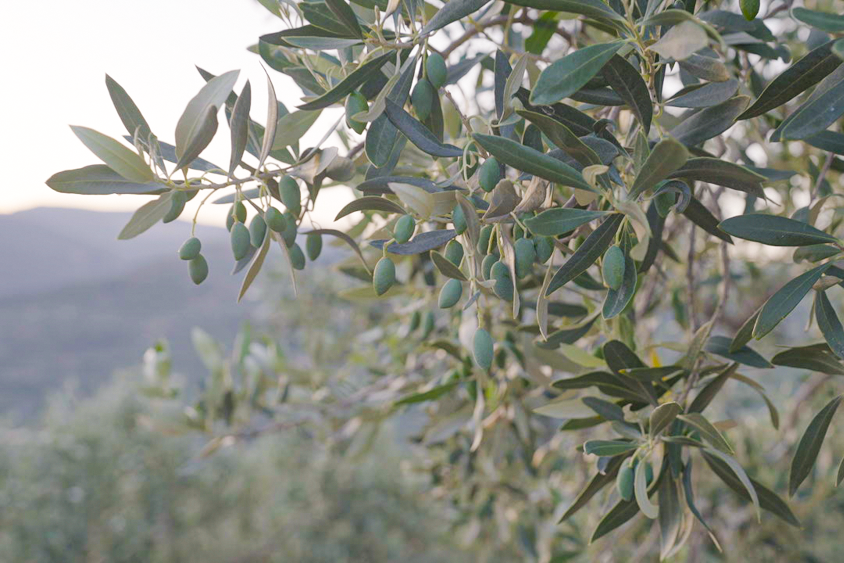
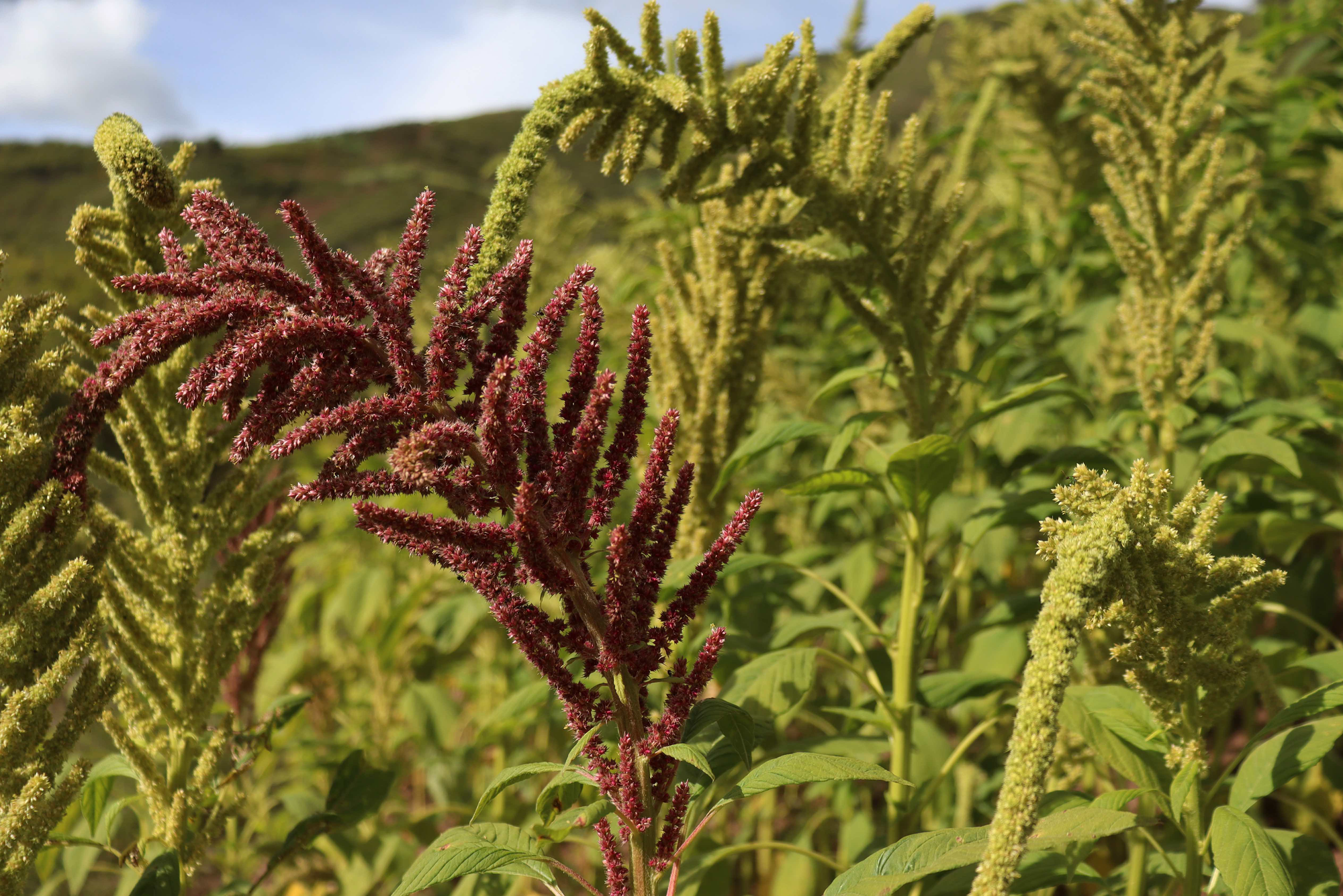
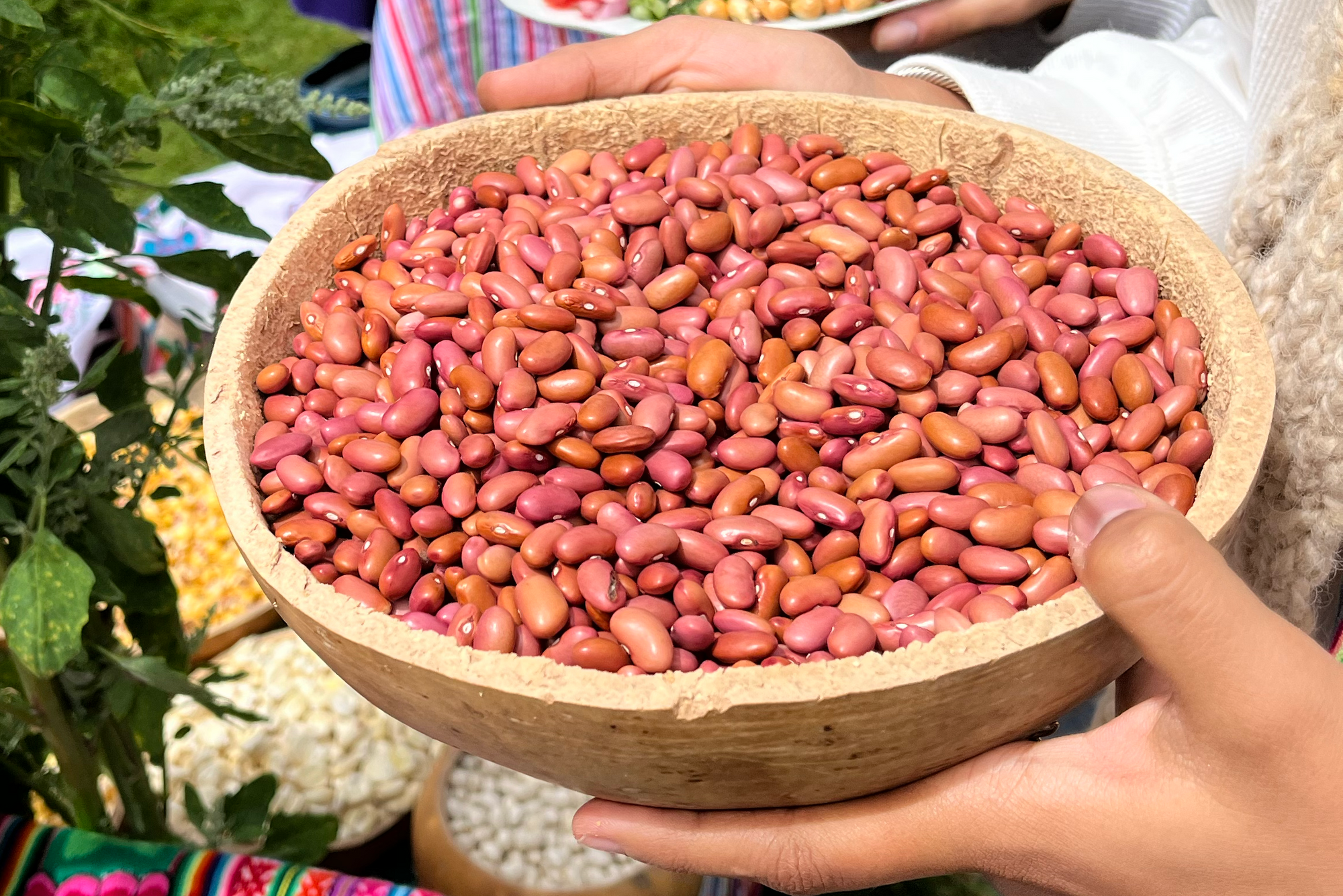
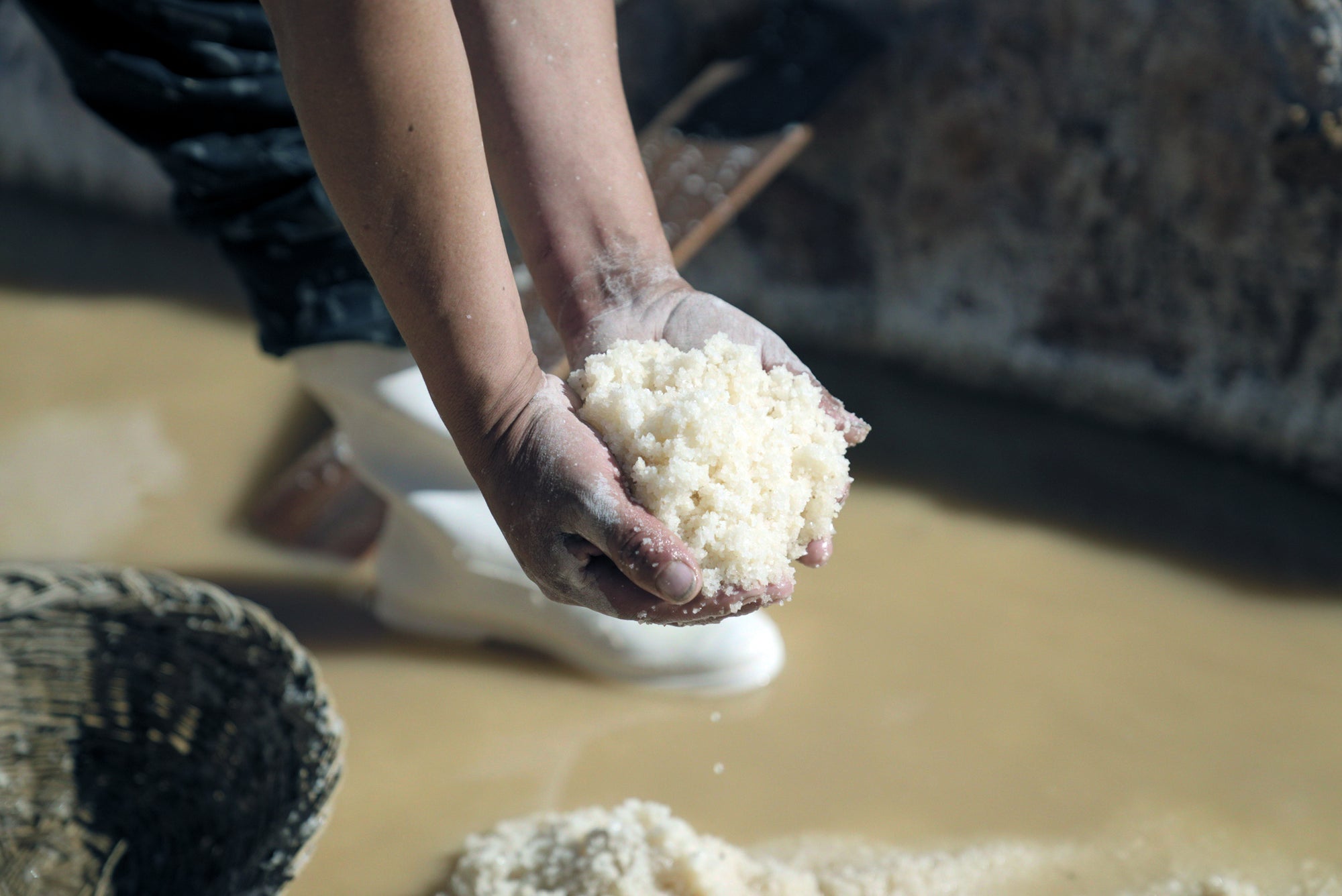
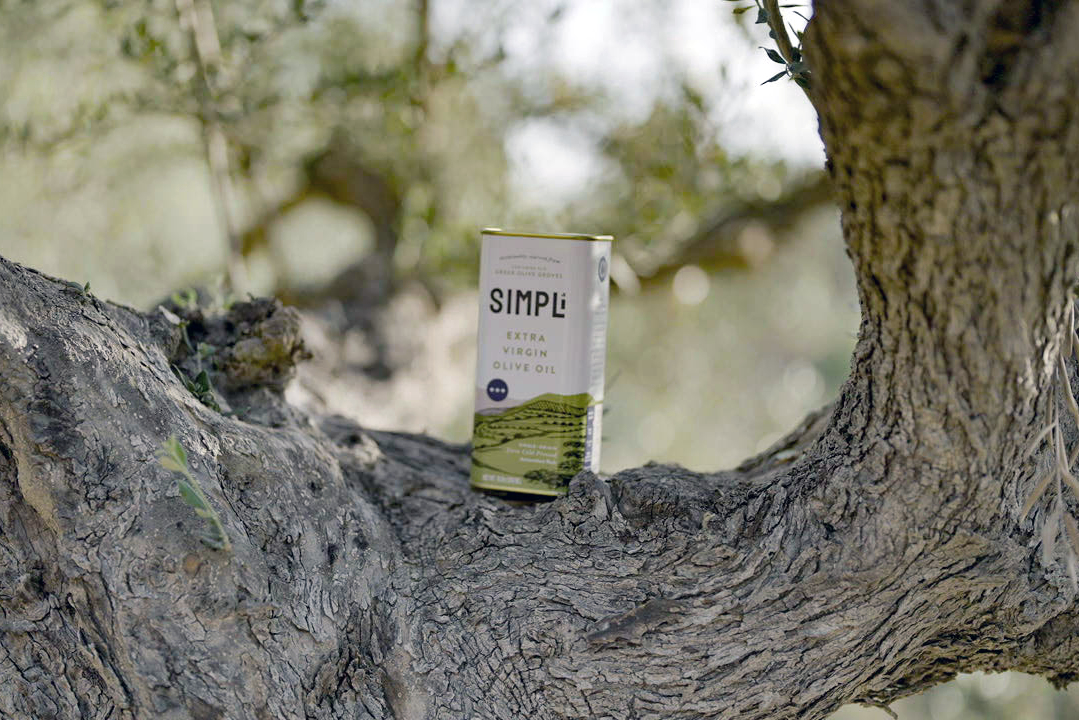
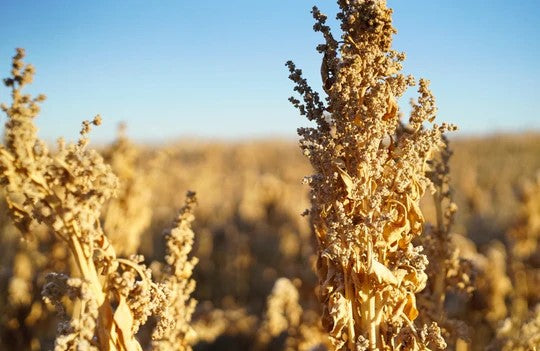
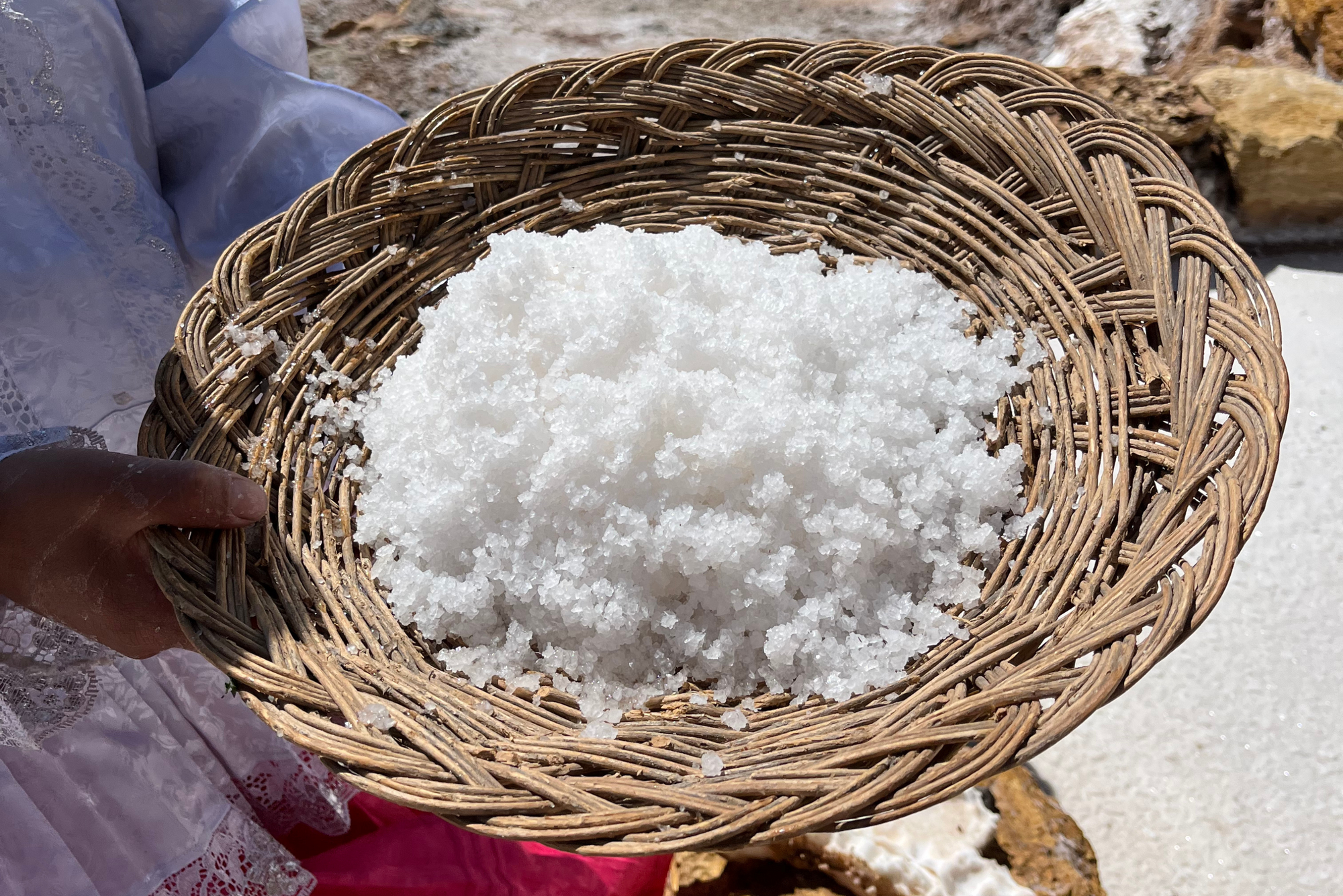
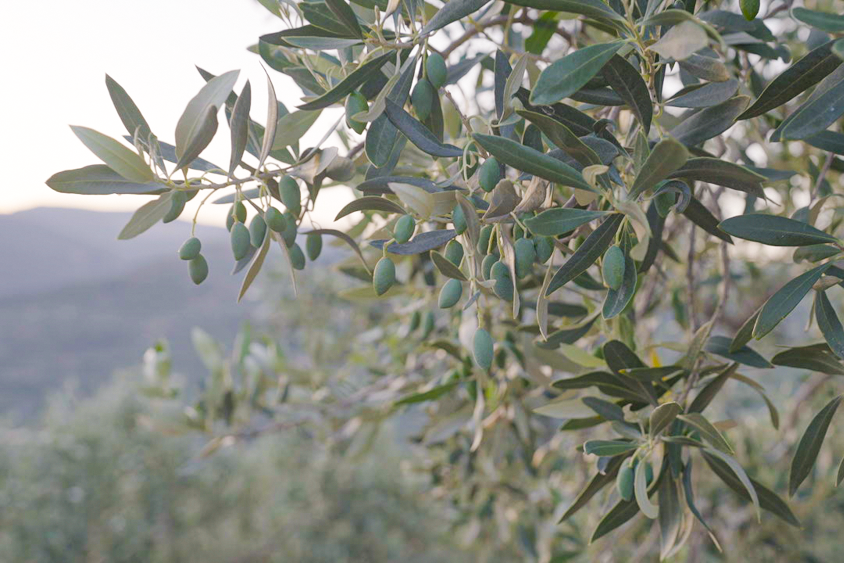
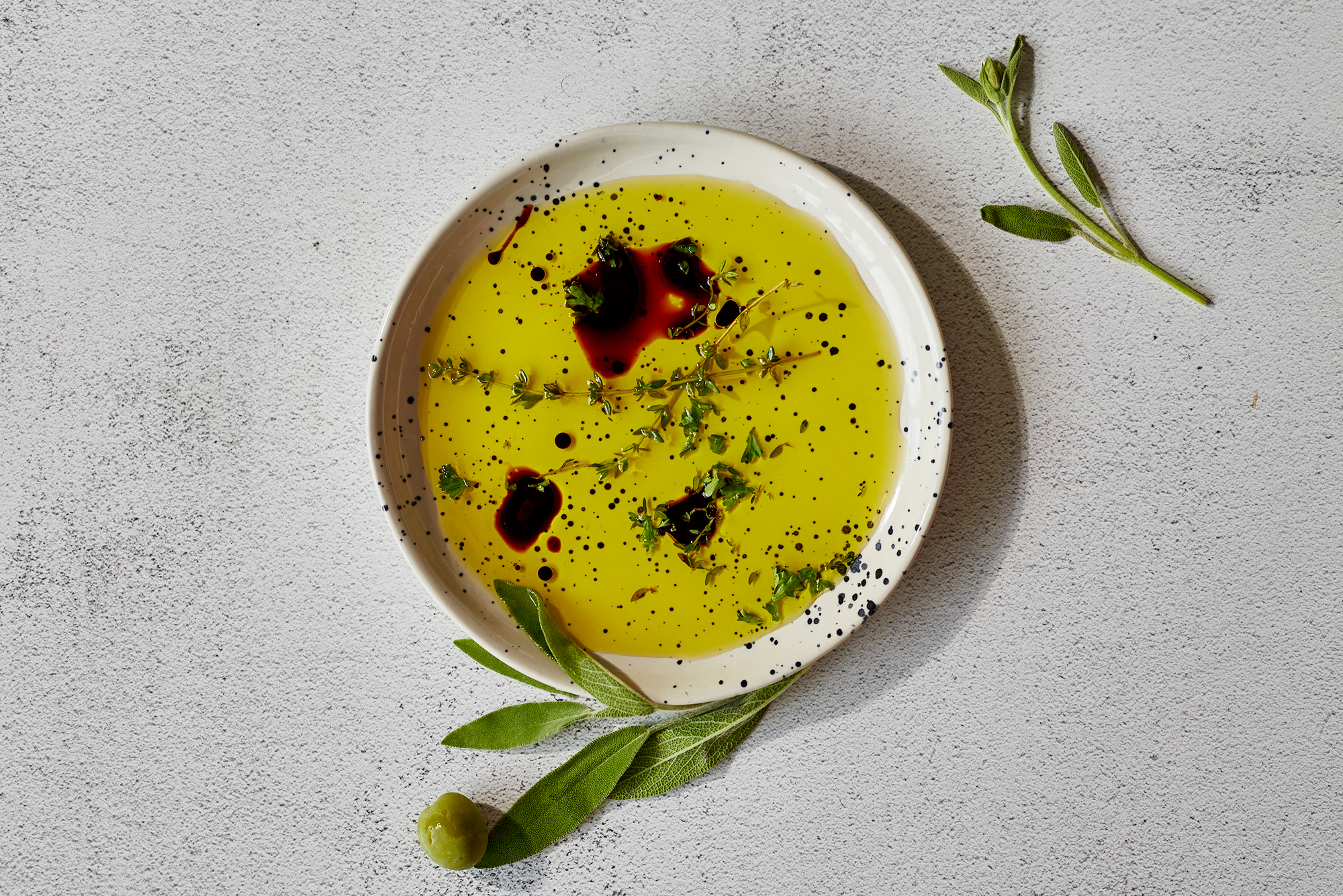
2 comments
Wow! That sounds like an eventful trip.
I’m so very proud of both of you!! Grandma Cohen